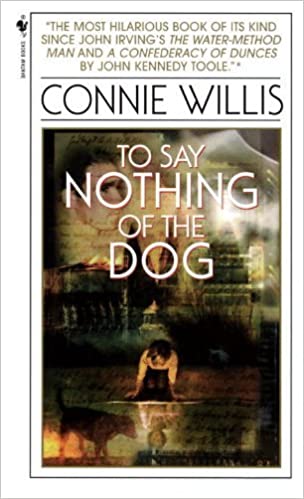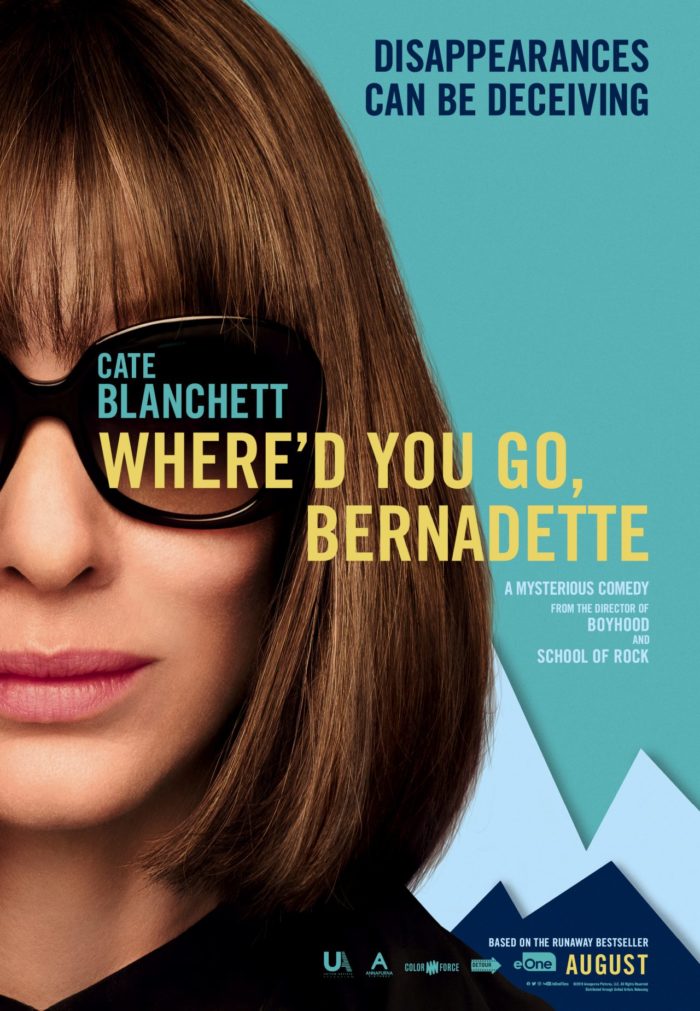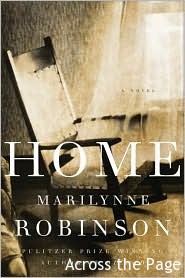Hogwarts, Cathedrals, and Antarctica
I’ve polished off several novels lately. Our library’s digital download page — which of course I’ve visited in lieu of going to the (closed) physical library — has been really promoting Harry Potter. At the same time, my daughter’s children’s lit class in college covered the book as well, which piqued my curiosity. So I checked it out on my Kindle and read it.

I finished Harry Potter and the Sorcerer’s Stone this time! Searching through my old posts here, I haven’t been able to find where I wrote about my previous attempts, but if I remember correctly I simply lost interest. I also found the lighthearted focus on witchcraft worrisome. This time, it didn’t bother me. The emphasis on good vs. bad magic is clear, and while I don’t think witchcraft in real life is ever “good,” this is not the first book I’ve read with “good” witches (The Wizard of Oz) or with clerical ghosts (The Great Divorce) or with a magical/supernatural realm coexisting side-by-side with the world we know (Jonathan Strange and Mr Norrell).
I think what makes the book work is the palette of qualities that makes any book work: a likable protagonist, persecuted and misunderstood, who finds himself swept up in important purposes, finding a place and a community for the first time. Wouldn’t we all love for this to be our story?
After Doomsday Book, I wanted to dive right into another Connie Willis book. I chose To Say Nothing of the Dog, which contains many of the same ingredients: intelligent characters, wit, historical references galore, and an imaginatively interesting and satisfying fictional situation — time travel!

Despite this, I had more trouble getting immersed in the book than I did with Doomsday. This one has a more complicated plot that develops the usual theme with many time-travel stories: if one travels to the past, one must be extremely careful not to alter any detail or it will have a devastating and far-reaching impact on the present. For some reason it didn’t draw me in as fully as I needed it to.
Bright spots included Cyril the bulldog, Princess Arjumand the cat, and a cathedral. I neglected to mention the animals in Doomsday, but Connie Willis’s genius for developing character extends even to animals; she clearly loves them and is amused by them, as I am. As for the cathedral in the story, well, I find the whole concept of cathedrals fascinating. The one in this story was not on a par with Notre Dame or one of the other immense, castle-like cathedrals one reads about in books on the Middle Ages, but even a distant allusion to such wonders lets me think again of their mystery, genius and artistry. It’s the fascination of someone raised an evangelical, but catching a glimpse of the mystery and majesty that characterized worship in an era when the most accomplished craftsmen and artists devoted their highest labors to religious purposes.

Where’d You Go, Bernadette? is one I’ve had on hold for months which finally became available. I saw the movie version over the summer and absolutely loved it, so reversing the usual progression, I wanted to read the book after seeing the movie.
Turns out I liked the movie better. (That’s not something I often say!) It cuts out some of the extra themes in the book, and whereas the book sort of peters out abruptly, the movie ends on one of the most satisfying conclusions ever. Seeing as this conclusion takes place in bitter cold Antarctica, and I am a perpetually chilly person, this is saying something.
Still, the book has its virtues. It’s an epistolary novel that guides us along through the accounts of genius-architect-in-hiatus Bernadette Fox, her genius Microsoft wonk husband, her genius tween-aged daughter Bee, and several others from the Seattle community and private school Bee attends. Perhaps it’s because I read this review before seeing the movie, but I see its main theme to be the nature of creativity, and what happens when a creative person ceases to create. This theme was developed more clearly in the movie than the book, where it gets diluted with misanthropy in general, a sporadic exploration of the legitimacy of faith, and a touch of marital infidelity before it ends without concluding.

